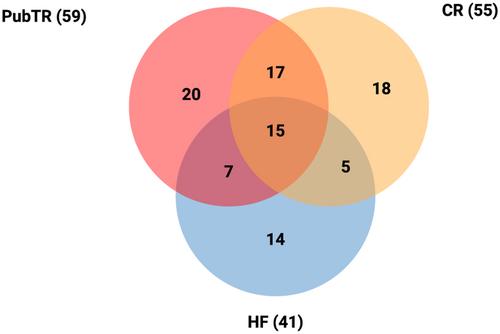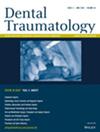The International Association of Dental Traumatology (IADT) is considered the foremost authority in Dental Traumatology. Fellowship status was introduced in 2015 and is considered an international standard of excellence. The Fellowship Committee of the IADT believed it was essential to survey members seeking information on the benefits of the IADT Fellowship and potential considerations for future development. This survey aimed to explore the perceptions of members of IADT surrounding the fellowship process in terms of interest, accessibility, equality, perceived prestige, and value to the membership.
The survey was sent to 546 IADT members, of whom 89 were fellows (as of 31 July 2022) from 74 countries via an email invitation. Answers were analysed using the Chi2 and Fisher's exact test (p < .05).
The response rate to the survey was 20.69% (n = 113), including 28 fellows (24.78%). Forty-six respondents (40.71%) were female, and 67 (59.30%) were male. Dentists identified as specialists were significantly more likely to be involved in teaching dental trauma (p = .000008). A majority of respondents (87.76%; 86/98) expressed interest in obtaining fellowship, with increased interest from more recent graduates. Learning opportunities, obtaining expertise, networking and a sense of community and prestige, were key factors in considering fellowship. There was interest in alternate pathways other than examination alone, with 60.2% of 98 respondents suggesting a combination of publications /service to IADT/ reviewer for Dental Traumatology, 57.14% suggesting the submission of case reports, and 42.86% suggesting Honorary Fellowship. Respondents (73%) were willing to participate in online discussion forums and other professional development opportunities. This preference was more notable among non-fellows (75.29%) than fellows (67.85%).
The survey indicates the diverse motivations and perceptions regarding the IADT Fellowship, despite the low participation of IADT members. Achieving fellowship status is desired by 87.7% of non-fellows. The majority of respondents were aware of the process, but main concerns were identified as eligibility criteria and examination difficulty. Options for alternate pathways and other initiatives promoting engagement were identified. Further exploration of these issues is required to be representative of the entire IADT membership. Addressing these obstacles could significantly enhance fellowship participation and overall member satisfaction within the IADT community.



